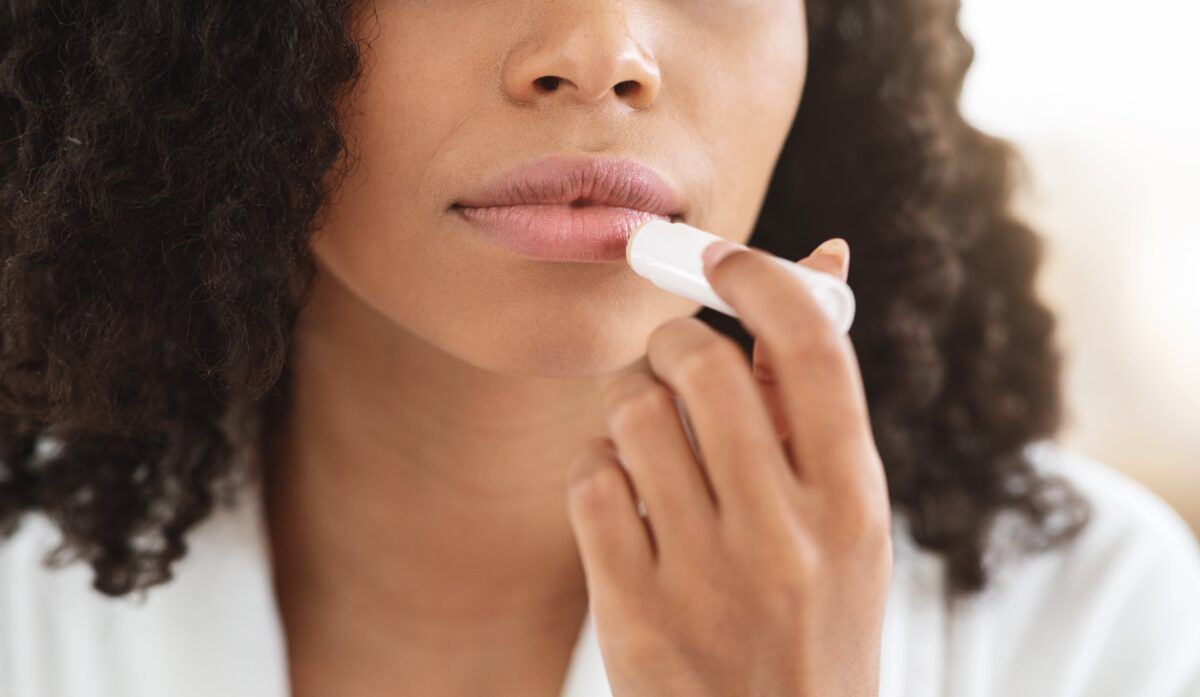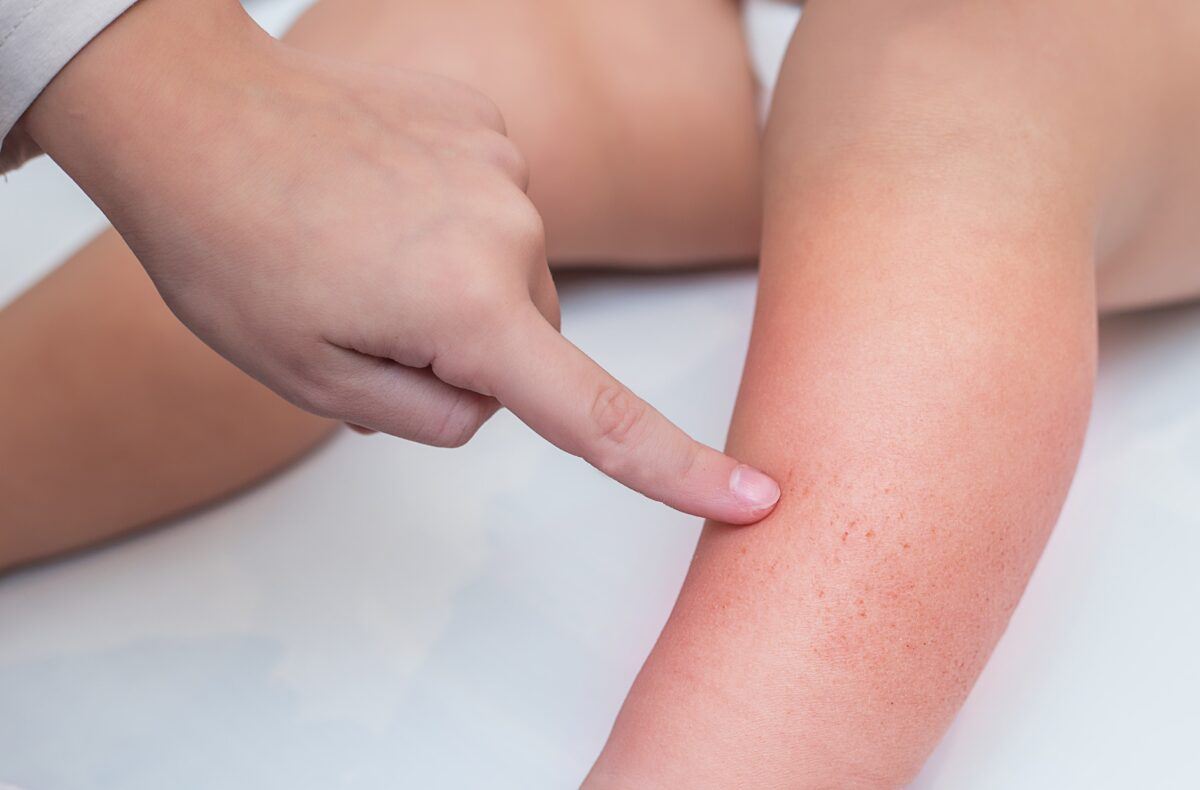5 Common Winter Skin Issues (And How To Fix Them)
Winter has arrived, and with it comes cold weather. Nevertheless, it can be a joyous time to snuggle up with your family, drink hot cocoa, and wear cozy sweaters. But winter can also be harsh on your skin, since this season brings about a number of skin issues, some that are more common than others. In this blog post we’ll discuss 5 common winter skin issues that many people experience during the colder months and how you can manage these common winter skin conditions so that you have healthy-looking skin all season long!

CHAPPED LIPS:
Winter weather can be cold, dry and harsh on your lips. This is especially true in the wintertime when you are constantly exposed to the elements. Chapped lips are also common since the skin on your lips is thinner than anywhere else on the face. Finally, staying inside often can also dry out your lips since artificially heated air has less humidity, which may leave your skin feeling dry.
Even though chapped lips are a common problem, they can usually be remedied in a few different ways. For starters, it is important to avoid licking your lips because this actually makes the problem worse. In addition to not licking your lips, it can also be beneficial to use a lip balm to moisturize your lips. Lip balms also contain ingredients to relieve discomfort caused by dryness. Finally, drinking plenty of fluids can also help maintain hydration.

WINDBURN:
Windburn is an inflammation of the skin that is caused by exposure to cold windy weather conditions. Symptoms of windburn include redness, itching, stinging, and sometimes even burning. Windburn can be thought of as a winter sunburn, especially since it can be the result of sunlight reflecting off of snow or ice. However, anyone can get windburn, even if there is no snow on the ground. It is most common on the face, ears and hands since these body parts are often exposed to harsh wind in cold weather conditions.
Windburn can be managed by wearing a scarf or hat that covers your skin when you’re outdoors in cold weather and avoiding sun exposure when it’s snowing outside. Wearing tinted sunscreen with SPF can also be helpful for protecting your skin from excessive sun reflecting off of snow. Also, remember to moisturize your skin daily.
ACNE:
During the wintertime, 11% of people may experience worse acne according to a 2015 study cited in TIME. Winter acne is believed to be the result of excess sebum production that occurs when dry skin compensates for a lack of moisture. Unfortunately, however, the excess sebum clogs pores and causes breakouts.
Managing acne isn’t so different in the wintertime than it is at other times of year; just remember to clean your face twice a day with a gentle cleanser and to avoid picking at your skin. Getting an acne facial can also help alleviate winter acne. It is also important to keep your skin properly moisturized to prevent it from producing too much sebum.
WINTER ITCH:
Winter itch, also known as pruritus hiemalis, is a common condition that is caused by dry skin. Symptoms of winter itch include an intense itching sensation, redness, and cracking or peeling of the skin. This condition is most commonly found on the legs.
Winter itch can be managed by using a moisturizer as needed to keep the skin hydrated. Other ways to keep the skin hydrated include drinking plenty of water and using a humidifier inside to add moisture to the air.

SKIN DISORDERS:
The cold, dry winter weather can be especially rough for people with psoriasis, eczema, or rosacea. This is because the winter weather tends to exacerbate these skin conditions, making their symptoms worse. While the exact treatment for this can vary depending on the type and severity of the skin condition, there are a few general ways to help your skin during the winter. As mentioned before, keeping the skin properly moisturized and protected from the sun can help to minimize symptoms.
If you are experiencing any of these common winter skin issues, you may be at a loss as to what you should do. While keeping the skin moisturized and minimizing exposure are two great ways to help manage these conditions, there is also another way you can care for your skin during the winter. Skin rejuvenation treatments, such as the Venus Glow Hydra Facial, work especially well to remove dried, dead skin cells and hydrate the skin to give you a healthy winter glow. In some cases, chemical peels may also be another way to improve the look and texture of your skin.
Winter is a tough time for many of us, especially when it comes to our skin. That’s why we’ve compiled this list of common winter-related skin conditions and how they can be managed. If you’re experiencing any one or more of these issues, give our Toronto, Burlington, or Pickering office a call so you can have healthy glowing skin all year long!
